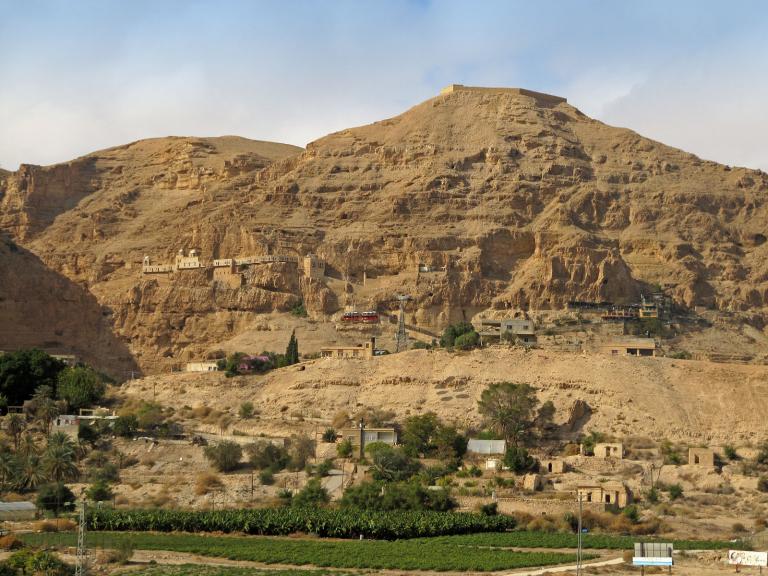
In this further snippet from my manuscript, I reflect (very, very briefly and summarily) on the life and legacy of Egypt’s Gamal Abdel Nasser. Although he has been dead for very nearly half a century, he continues to loom large in the history of the region:
His most important mission, though, as he saw it, was the restoration of Arab unity. Ever since the break-up of the Arab empire centuries before, various leaders and regimes had sought to restore it. Now, under the influence of nationalism—which was itself a Western notion—Nasser sought to reestablish not an Islamic empire based upon religion but a vast and unified Arab state based upon a shared history and a common language. In 1958, Egypt and Syria merged as a first step toward the broader goal and became the “United Arab Republic.” Shortly thereafter, Yemen, too, joined. Nasser’s popularity throughout the Arab world was vast. He was the savior who would restore their lost unity and rebuild their lost pride.
Even when the union with Syria and Yemen collapsed after only a few years, Nasser’s prestige was immense. When he suddenly died in 1970, his funeral attracted many hundreds of thousands of emotional mourners to the streets of Cairo. Although his wars against Israel had been failures, and although his grand socialist economic plans had brought his country to the brink of bankruptcy, the name of Nasser continues to be a powerful one. His picture is still frequently displayed in Egypt. And when his successor, Anwar al-Sadat, opted to leave behind the ruinous struggle with Israel and to concentrate not on the almost impossible dream of unifying the Arabs but on improving his nation’s economy through a more free-market approach, other Arab leaders began to scramble for Nasser’s mantle as unifier of the Arabs. Muammar Qaddafi of Libya explicitly likened himself to Nasser, and Saddam Hussein of Iraq clearly wanted the role as wel1.[1] (Characteristically, Saddam seemed willing to try to unify the Arabs by force if he couldn’t do so by persuasion.)
[1] An amusing note on Qaddafi’s name: The Arabic root q-dh-f, from which his name derived, means “to throw” or “to hurl” something. A bomb, for example. (This is the very illustration used by the leading Arabic-English dictionary.) And Saddam’s self-adopted name came from the root s-d-m, meaning “to collide, to clash, to bang something, to run into something.” What’s in a name?
Posted from Jericho, Palestine











